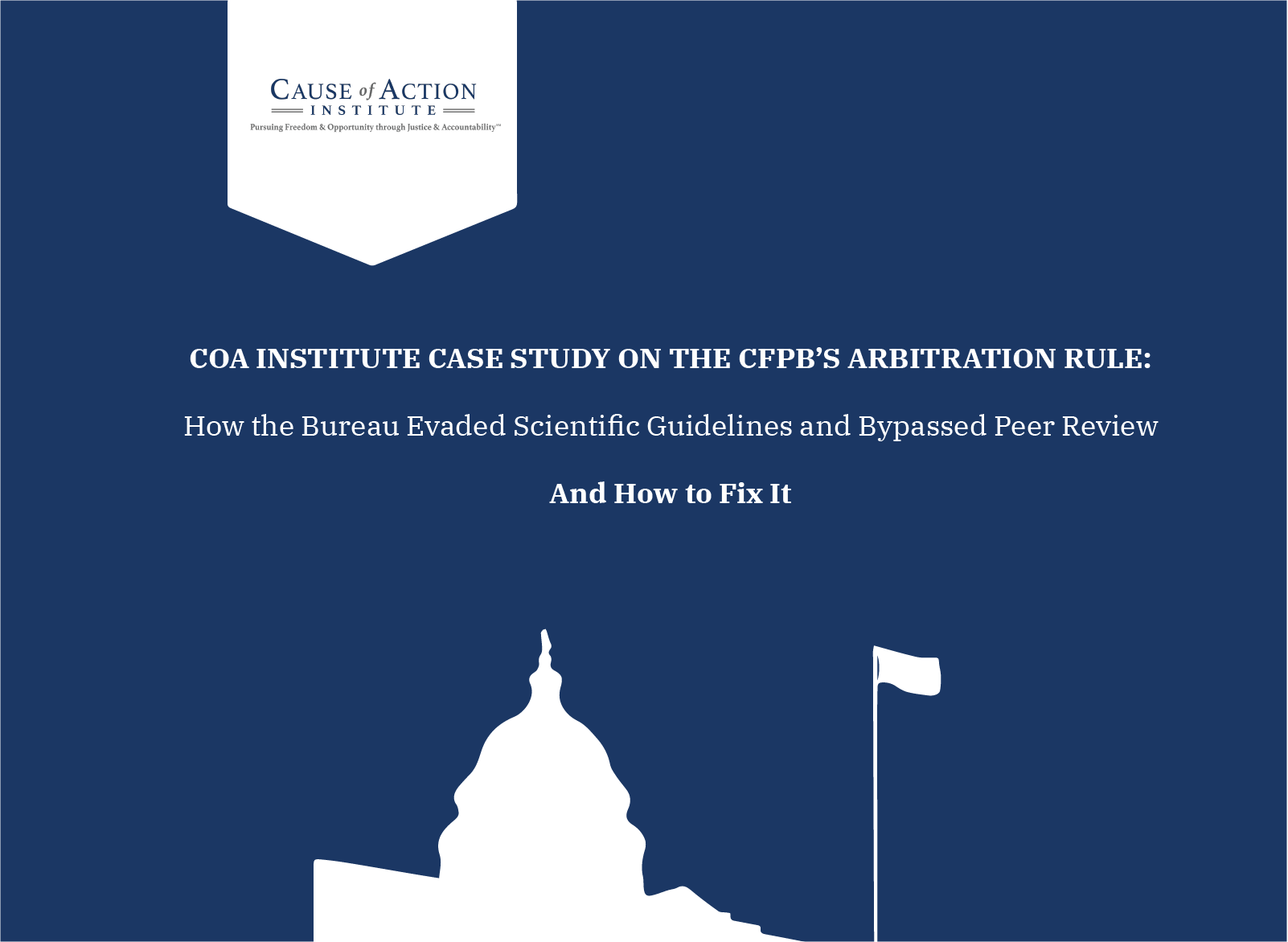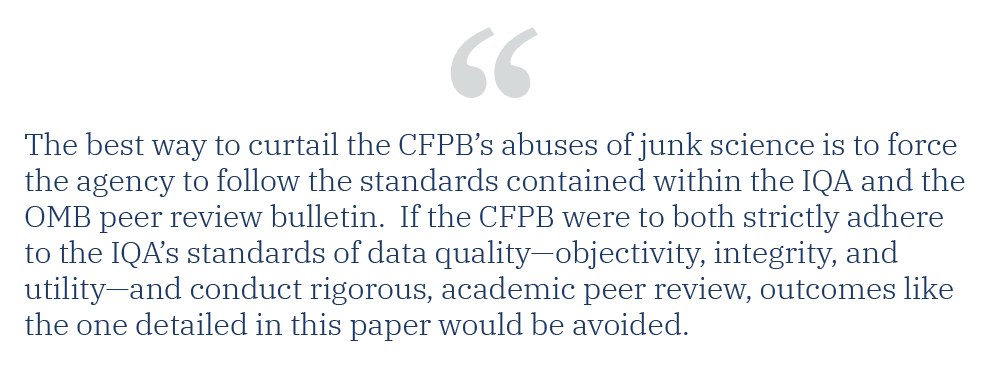Last Friday, Judge Trevor McFadden of the U.S. District Court for the District of Columbia granted the federal government’s second motion to dismiss a lawsuit to compel Secretary of State Mike Pompeo and U.S. Archivist David Ferriero to fulfill their statutory obligations under the Federal Records Act (“FRA”) to recover former Secretary of State Colin Powell’s work-related email records from a personal account hosted by AOL, Inc. Cause of Action Institute (“CoA Institute”) filed the lawsuit in October 2016 after then-Secretary John Kerry and Archivist Ferriero failed to act on CoA Institute’s FRA notice and Freedom of Information Act (“FOIA”) request.
Although Judge McFadden’s dismissal is a technical defeat, albeit on procedural grounds, CoA Institute’s work in this case, and in another FRA case involving Hillary Clinton, is still a success. Taken together, these cases have the raised the bar for what federal agencies must do when records go missing. In future cases, agencies will be required, at the least, to reach out directly to third-party email providers in an attempt to recover work-related email records and may not rely on self-serving statements from agency officials that such records no longer exist.
In the recent motion, the government again sought dismissal on mootness grounds, arguing that Secretary Powell no longer had access to the account he used during his tenure at the State Department and, moreover, it would be “technologically impossible” for AOL to recover any records from its servers. Correspondence from Secretary Powell and various AOL employees was used to support the government’s claims. But the agency reached out to Secretary Powell and AOL only after Judge McFadden rejected a similar motion to dismiss in January 2018, holding that there was still a “substantial likelihood,” based on the record, that Secretary Powell’s work-related email could be recovered if the State Department were to leverage the full law enforcement authority of the federal government. Judge McFadden looked to the Department of Justice’s successful recovery of former Secretary Hillary Clinton’s email from computer hard drives and mobile devices as a guide.
In opposition to the government’s second motion, and in support of its own motion for summary judgment, CoA Institute argued that the government had failed to provide enough evidence to establish fatal loss of the email records at issue, particularly since Secretary Pompeo and Archivist Ferriero continued to refuse to involve the Attorney General in compulsory or forensic recovery efforts.
This time around, however, the judge was convinced that the government had done enough and additional efforts would be “pointless.” Nevertheless, in future cases, agencies will need to undertake substantial efforts to prove fatal loss, even if that means contacting third-party commercial communications providers to determine the recoverability of records on their servers or networks.
The alienation of federal records will likely continue with the fast-paced development of technology and alternative means of communication within the federal bureaucracy. CoA Institute is committed to ensuring that the law follows these developments and holds government employees accountable.
Ryan Mulvey is Counsel at Cause of Action Institute.

